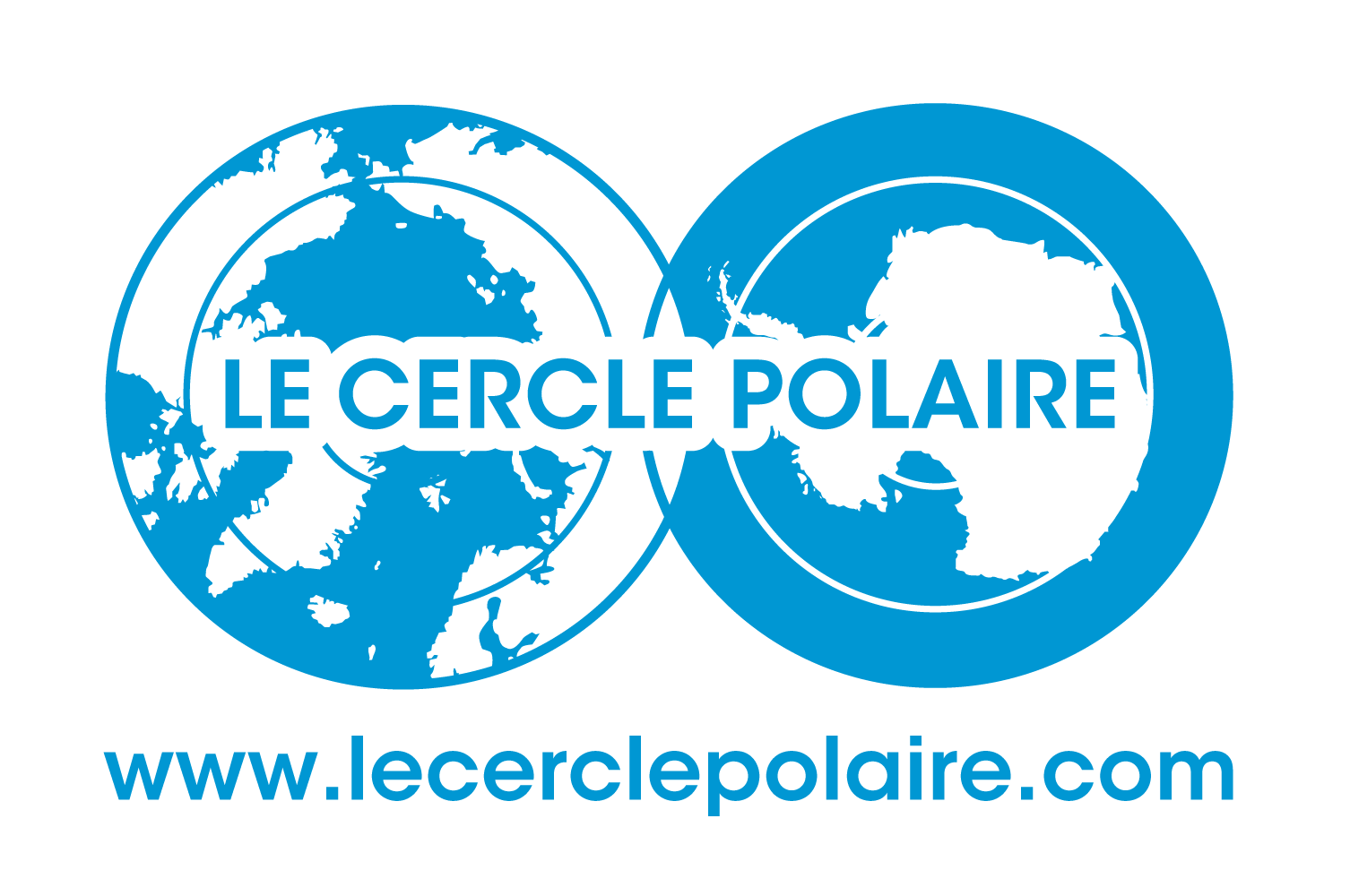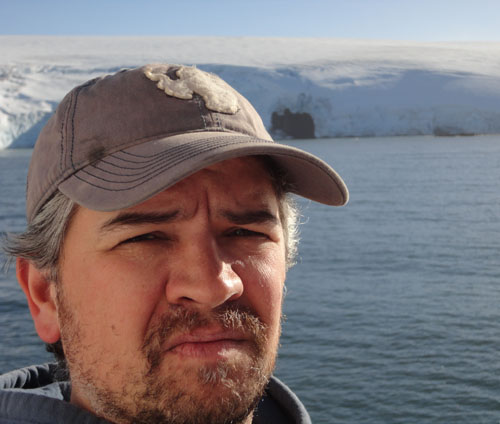![]() Gonçalo Vieira
Gonçalo Vieira
Geographer • Portugal
“It is essential to form an international coordination to mitigate the impact of human presence in Antarctica ”
Gonçalo Vieira is Associate Professor at the Institute of Geography and Spatial Planning at the University of Lisbon and coordinator of the research group on Antarctic Environments and Climate Change at the CEG-UL. He coordinates the Portuguese Polar Program and is Science Advisor at the Polar Office of the FCT. Gonçalo has conducted several research projects in the Antarctic as well as in the Arctic and his main interest is permafrost dynamics and climate change.
The polar regions have always attracted me and I recall having a particular interest in Polar geography starting in my childhood. While studying Geography at the University I found a wide range of interesting topics concerning the dynamics of the natural environment and started focusing on colder regions and mountains. At that time, no polar research was being conducted in Portugal and the only cold spot around, were the Portuguese mountains…and then only in winter. These mountains were therefore my subject choice for my masters and Ph.D degrees. My 1st Antarctic campaign took place in 2000, as part of a Spanish permafrost research project.
Today, my daily work is in connection with the Poles, as manager of the Portuguese Polar Program, but mainly as a scientist, studying the effects of climate change on permafrost and terrestrial environments in the Western Antarctic Peninsula region (WAP). Research has just begun on the topic and a very large number of questions are still to be answered…what will happen to permafrost in the ice-free areas of the WAP following different climate scenarios? What is the influence of changing snow cover on permafrost? And as well, what will be the consequences of changing permafrost on human infrastructure?
Despite its remote location, Antarctica attracts many visitors, such as scientists, technicians and a growing number of tourists. In the Antarctic Peninsula, such human presence affects the natural environment and in some areas the impacts are significant. It is therefore essential to form a strong coordination network in the International community in order to mitigate the impact of human presence, and to manage access to these areas, which are still in (almost) pristine condition.
The bottom-up work of Le Cercle Polaire is extremely important to bring together government and public awareness in order to promote a better understanding of the Poles and their global significance and the need for their protection.
© Le Cercle Polaire – September 2013 – All Rights Reserved

